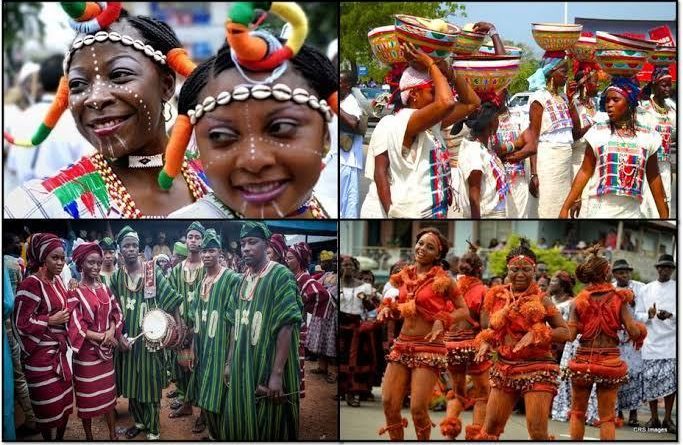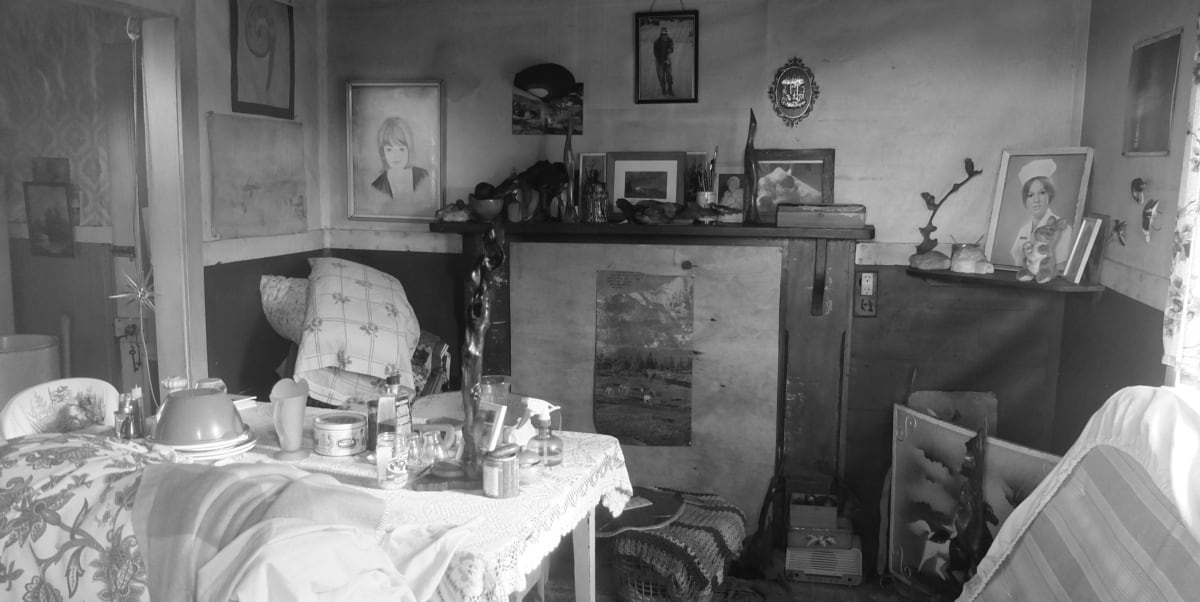Repackaging our Cultural Heritage for Revenue Generation

Repackaging our Cultural Heritage for Revenue Generation
By Ibrahim Shehu Dandakata
The disregard of black heritage is laughable. This is because even the Cushitic/Nubian civilization of Lower Egypt that predates civilizations is still known to history till date. The temples, pyramids and other ancient sculptures and monuments at Abu Simbel are unmatched in the world. This is the continent where the earliest known fossil of humans was found.
African culture is rich in history. Education and entertainment should be something worth visiting to see, learn and celebrate. The last time a global event was held to showcase the African culture and heritage was in Nigeria in 1977 when the black festival of art and culture took place (FESTAC ’77).
This event portrayed and established Nigeria as the greatest black nation on earth. It was an iconic and poignant event even though it has not been repeated. But it brought to fore the rich, often disregarded, history and culture of the black race.
In Nigeria, different tribes and ethnic groups have similar but varied cultural events, items and displays to showcase their rich heritages. These culture and values depict their historical ways of life and how it merges with the contemporary.
The Different cultural displays like the Adamu Orisha festival in Lagos, the Osun festival in Osun state, the Ojo Oba festival in Ijebu land, and the different masquerades of the Nupes, Egbiras, Igbos, Urhobos, Benin’s, etc. are vey colorful. Similar events like the New yam festivals across the South, the Calabar carnival, the Abuja carnival, the KADAFEST of Kaduna, the Tukham festival in Kaduna, Argungun fishing festival in Kebbi and others too numerous to mention.
Also, Kano has always been a cultural as well as a religious center for more than 1000 years. When Bagauda and his Daura entourage came to the Kano valley at about the year 900AD, they met the Abagayawa indigenous people versed in the ancient cult of Tsumburbura and with Barbushe as the chief priest of the oracle of Shamus on the Dala hill.
Every year, on a particular month, they come from far and near to the shrine of Shamus to celebrate the New Year. This event brings a lot of people to the city for the festivities and this made Kano a cultural center. The event apart from foretelling the events of next year also features revelry and festivities lasting days.
This event has significant relationship to the preeminence of Kano among the surrounding towns which among them Sontolo has disappeared completely without trace.
Since then, Kano has expanded with the annexations of Sarki Kutumbi of lands to the west of river Watari and elsewhere. This status has been maintained even with the Islamization of the emirate and the subsequent Fulani jihad and their usurpation of power around 1803. These cultural events apart from uniting the people, brought joy and happiness among the people.
Cultural heritage are important ventures that could lead in the creation of job and revenue generation if meticulously organized and marketed. Cultural events can bring about tourism, hospitality and boost the entertainment industry which has the most capacity to create job.
A lot of economies around the world are wholly or heavily dependent on tourism. Countries like the Vatican City, Saudi Arabia, India, Dubai, Greece, Maldives, Seychelles, Mauritius, Spain, Italy, France to mention just a few of them. There are various reasons these places are visited, some for spiritual tourism, other reasons include sightseeing of historical sites, vacation for relaxation, medical, nature sites etc.
Kano is blessed with immense capacity for tourism from cultural and entertainment perspective. The various religious activities like the Qadriyya sect’s Moukibi festivities which is the only of its kind in Africa could be better packaged with resulting influx of people which will create jobs.
Equally, various Mouluds (of the prophet Muhammad S.A.W and of Sheikh Ibrahim Inyass), and the yearly Dhikr of the Tijjaniyya sect, the various Durbars during the two Eid, the Takutaha all can be better organized by the various relevant government agencies as guides with full participation of the private sector in the entertainment and hospitality industry through the unions to be well planned and attended events from across the world.
The Kano zoological gardens and the game reserve in Falgore could be turned into another Kew gardens of London or the Serengeti national park of Tanzania. Visitors will be lodged in hotels, buy food, use transport, pay rates all will provide jobs which in turn bring revenue in taxes to the government.
Another particularly important industry which has the capacity to formally employ tens of thousands of people yet neglected is the entertainment industry. The Kannywood, a named coined for the film industry centered in Kano by a journalist Shehu Daneji in 1999.
Kannywood is a reality which time and progress has brought to Kano. To bring to context, Wikipedia states that, Nollywood is the second largest film industry in the world by output surpassing Hollywood second only Bollywood. This means Kannywood constitutes half of Nollywood.
Kannywood has released more than 500,000 titles from inception. In 2010, out of 1,114 films released by Nigerian National Film and Video Censors’ Board, 30% were from Kannywood. As of 2018, Nollywood is producing more than 2500 films a year.
However, when the Nigerian economy was rebased in 2013, the inclusion of the services and entertainment industry in the calculation made it the largest economy by GDP in Africa and 26th in the world. The capacity of the film in job creation, societal reorientation, public information and guidance, and policy implementation cannot be over emphasized.
A properly guided film industry will create countless jobs and revenue avenues for the state and local governments in local registrations. This industry, single handedly, has the capacity to change the socio-economic outlook of Kano state.
Other cultural events that could be used to create jobs and revenues include the traditional sports of Langa (which the late Alh. G.N.Hamza a Kano indigene promoted nationally), Dambe (local boxing), wrestling (which is an annual event in Niger republic, Burkina Faso etc.), Sharo (Fulani whipping game), Kalankuwa (festivities of various kinds after harvest from the farms like the yam festivals of the south), etc. all could be promoted without much investment by the government apart from the renovation of few infrastructure and publicity.
Worthy of note is that cultural events gives priceless publicity about the economic and investment potentials of any place because people will get to visit and interact with the locals. Equally, perceptions and reputations badly bruised by past incidences or negative stereotype and false information could be visibly seen and verified or adjusted.
This will go a long way in attracting investment more than deputations and organized investment seeking trips abroad by government officials. The continuous cycle of events, which will necessitate a good security network will add value to the lives of the residents and emphasize on the conduciveness of investment. As said before, a well meaningfully and gainfully engaged society is a stable society.
These are some of the low hanging fruits any administration should look into.
Dandakata, a business expert, writes from Abuja.
He can be reached via [email protected] or, www.duos-amicus.com





